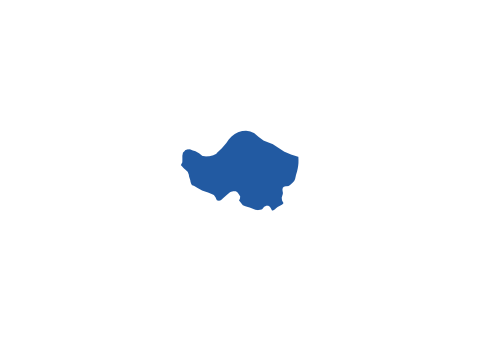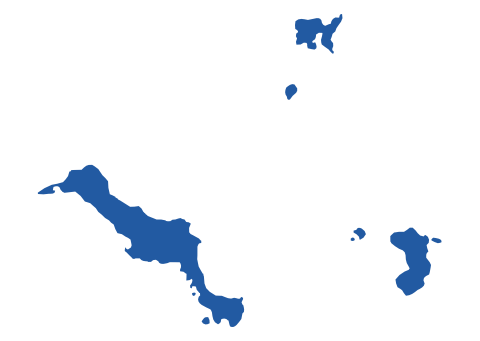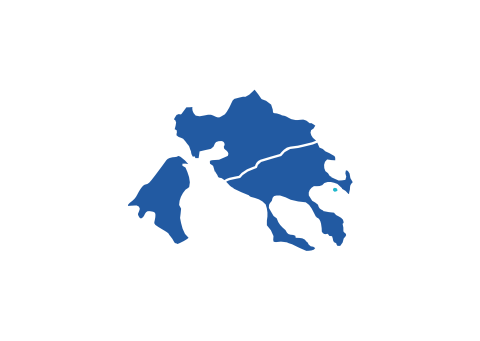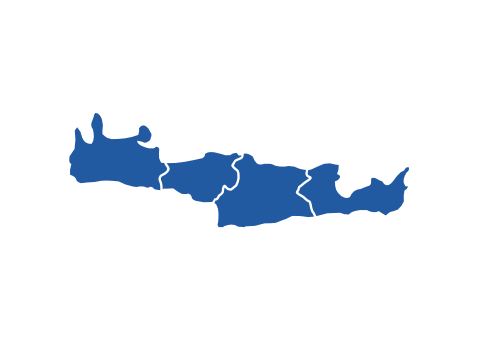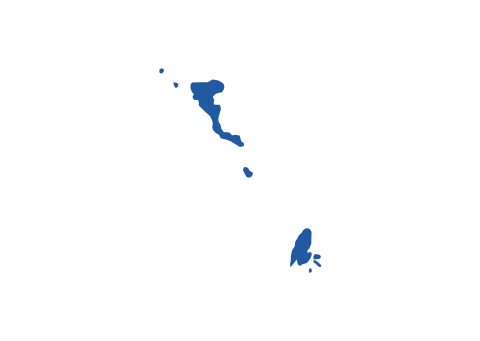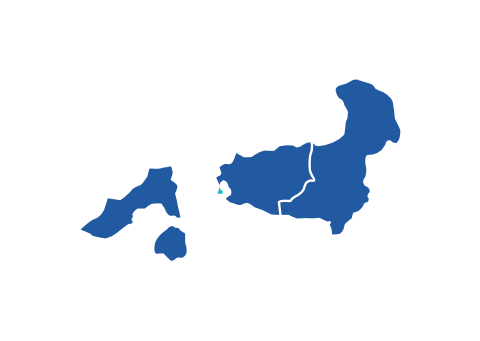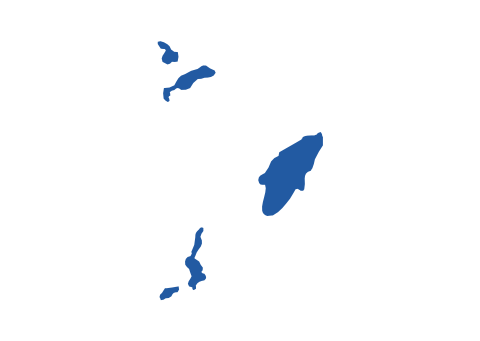Observatory
The main objective of the action is the development of dialogue between research and local bodies and the drafting of targeted proposals per region on the subject of marine pollution and climate change and their effects on the social and economic life of the LAG intervention areas.
The Marine Observatory will act as a repository of ideas, practices, methods and useful tools on the topic of marine pollution.
The collection and listing of concerns, opinions and proposals will be done through the following actions:
4.1: Round Table Meetings of Local Entities
In the context of this specific action, it is envisaged to set up an (informal) network of research entities, local government entities, fishing associations and other local entities for the development of the dialogue on the issue of marine pollution, climate change and other environmental threats.
Each LAG will undertake the activation of the involved local entities through the organization of round table meetings in which scientific entities, entrepreneurs, representatives of the Local Government and professional fishermen of the intervention area of each LAG will participate. In order to facilitate the discussion, the participation of specialized scientists who will undertake the presentation of specific topics is foreseen.
In the round table meetings the participants will be asked to document, interpret and seek solutions to the threats to the Greek seas caused by:
a) from human activities, such as:
⦁ pollution (urban, industrial, agricultural, energy, etc.)
⦁ overfishing
b) from climate change, such as:
⦁ coastal erosion
⦁ the invasion of foreign species
4.2: Meetings with professional fishermen
The action concerns the organization of meetings/discussions with fishermen in fishing villages and fishing shelters in the intervention area. Given the difficulty of approaching the target group, it is suggested that the on-site discussion - informing the fishermen about the issue of marine pollution in order to achieve the greatest participation. The activation of the fishermen will be undertaken by special partners who will work with LAG who have already developed trusting relationships with the fishermen of the intervention area. The aim of the meetings/discussions is, on the one hand, to record the concerns of fishermen regarding the threats they themselves face due to the environmental crisis, and on the other hand, to encourage them to participate in actions to deal with the problem.
Each LAG depending on the population of the target group, its dispersion and the total budget in the action will organize the respective meetings and record the development - interest of the target group. The conclusions of the discussions with the fishermen will be recorded in debriefing reports from which material will be drawn for the writing of the Guide for fisheries and the marine environment (action 4.3).

